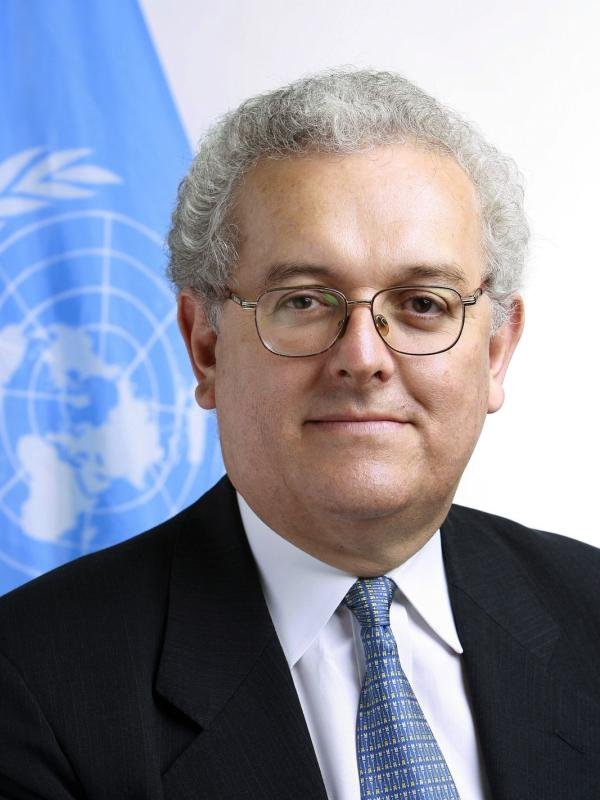GEGI is housed across three entities at Boston University—the Pardee School of Global Studies, the Center for Finance, Law & Policy (CFLP), and the Pardee Center for the Study of the Longer-Range Future.Along with GEGI’s Kevin P. Gallagher, the co-chairs for this Task Force report are José Antonio Ocampo from the Initiative for Policy Dialogue (IPD) at Columbia University, and Ming Zhang and Yu Yongding from the Institute for World Economics and Politics (IWEP)at the Chinese Academy of Social Sciences. GEGI, IPD, and IWEP are the co-sponsors of this report, and IWEP will publish the report in Chinese.
This is the third in a series of reports of this Task Force. This report, Capital Account Liberalization in China: The Need for a Balanced Approach, examines the benefits and risks of accelerated capital account liberalization in China. To help frame the discussion, the Task Force thought it would be helpful to discuss the experience of other emerging market countries that liberalized the capital account in the past, in order to draw out lessons for China as it considers this delicate task. The previous Task Force report, Capital Account Regulations and the Trading System: A Compatibility Review, also remains salient here. In that report, we found that an increasing number of trade and investment treaties prohibit the regulation of capital flows, and we recommended that such treaties have safeguards that enable nations to regulate capital flows to prevent and mitigate the harmful aspects of cross-border finance. The first report, Regulating Capital Flows for Long-Run Development, also remains salient, and highlights developments in economics and country experience that show why it is important to regulate capital flows now more than ever.
 Kevin Gallagher
Kevin Gallagher José Antonio Ocampo
José Antonio Ocampo Yongding Yu
Yongding Yu
 Martín Guzmán
Martín Guzmán Joseph Stiglitz
Joseph Stiglitz